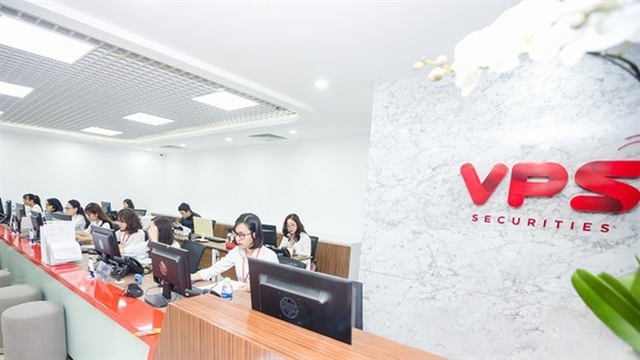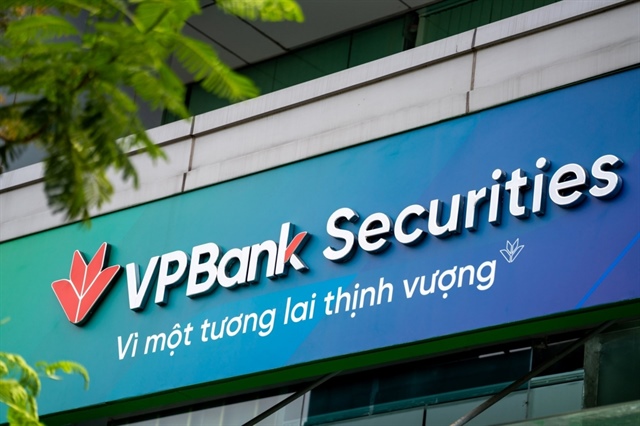Huy Vietnam cooks up country's first offshore IPO
Huy Vietnam cooks up country's first offshore IPO
Vietnam is about to see its first-ever foreign listing of a company, and it won't be in Singapore.

Huy Vietnam Group, operator of restaurant chains based in Ho Chi Minh City, is expected to file an application with Hong Kong Exchanges and Clearing for a listing this month, according to bankers and investors who spoke with FinanceAsia. The actual transaction is slated for the spring of 2016.
The company has yet to determine how many shares to sell. However, bankers familiar with the deal said the listing could raise up to $100 million. Citic CLSA is sole sponsor, and it and CIMB are joint global coordinators.
No Vietnamese company has ever listed overseas, although some have tried. Vinamilk, considered by many investors to be among the best-managed companies in Vietnam and still 45%-owned by the government, has considered listing in Singapore.
But these efforts have not come to fruition. Today, Vietnamese companies do not favour Singapore as a listing destination because it is too small, turnover is less than $400 million per day, and the stock exchange regulations are stricter than Hong Kong's.
"There are 123 Chinese companies listed in Singapore but they're dead orphans," Dominic Scriven, managing director at HCMC-based Dragon Capital, said. "Hong Kong is a much bigger market and the greater Chinese view [among investors] lends itself more readily to Vietnam. The Chinese completely get it."
Bankers working on the deal say it will be marketed to global investors and not particularly to Chinese ones.
"Vietnam is interesting but access is difficult," said a banker in Hong Kong. "A Vietnamese listing overseas will need liquidity."
"The time is ripe to do something interesting in equities," said a second foreign banker, who has looked at the Huy Vietnam deal but declined to work on it.
Both bankers said investor interest has been intense on pre-marketing roadshows for Vietnam-related transactions over the past two months in New York and Hong Kong. Investors are attracted to the headline numbers: Vietnam boasts 6%-plus GDP growth, a young 90 million-strong population, an emerging middle class, manufacturing driven by foreign direct investment, and a stable financial system.
But the stock market is small, with a market capitalisation of $57 billion (including both the Ho Chi Minh City and Hanoi bourses), limits on foreign ownership of listed companies, tiny free floats among large, listed entities, and a dearth of companies from desirable sectors.
Some bankers are trying to arrange potentially large onshore deals from the consumer sector. They are now helping foreign investors to set up local brokerage accounts and targeting one or two domestic initial public offerings in the first half of 2016, perhaps representing foreign private-equity exits from large consumer, retail, or real-estate groups.
However, Huy Vietnam is going a different route by raising financing abroad, in order to fuel the growth of its restaurants, which include Mon Hue, a casual fast-dining chain based in Ho Chi Minh City. The company wants to expand Mon Hue and other chains to Hanoi and other parts of the country.
"There's a scarcity value for a Vietnamese company listed in Hong Kong," said the Hong Kong-based banker. "They'll stand out."
Other entrepreneurs will be watching to see how Huy Vietnam fares in Hong Kong but even if the deal is a success it may be a while before others can follow.
Bankers and investors cite the unusual backgrounds of the company's founders. Huy Nhat, the chairman and chief executive officer, has 20 years of international experience in the food and beverage industry. He has opened restaurants in the US and China and studied at UCLA and Pepperdine University. His co-founder, Tran Thi Thanh Tam, is head chef and also operated Vietnamese restaurants in the US.
"The entrepreneur has international experience and he knows the company will get a better reception and valuation if it lists offshore," the Hong Kong banker said.
Cayman Islands-domiciled
Moreover, Huy Vietnam is not incorporated in Vietnam. It is domiciled in the Cayman Islands, which is recognised by Hong Kong Exchanges and Clearing. HKEx does not recognise Vietnam as a pre-qualified domicile, so locally incorporated entities will struggle to win a listing in Hong Kong.
It may be possible for other consumer-oriented Vietnamese companies to change their domicile but only if they don't own real estate, which many companies do. The government would probably frown on allowing foreigners a back door into acquiring Vietnamese land, bankers said.
Recent moves in Vietnam to liberalise its financial markets have also helped. In June, the government decreed it would scrap foreign-ownership limits on non-bank listed companies from 49%, subject to each company's shareholder approval to change those limits.
Since then the government has said many companies aren't eligible because they may be in sensitive sectors or require a particular ministry's approval – but a restaurant chain is a safe bet.
Before the changes to foreign ownership limits were announced, bankers were planning to list Huy Vietnam as a variable interest entity, or VIE. This is an accounting rule used to put company assets in a holding structure that can be distributed to minority shareholders. Foreign investors have commonly used this structure to gain access to private Chinese companies.
However, the VIE route is probably no longer required, a banker said.
Huy Vietnam is no stranger to foreign investors. It has received three rounds of private-equity financing totaling $65 million, the most recent of which was in April, led by Templeton Asset Management. Fortress Capital, along with Hong Kong-based investors AIF Capital, New Asia Partners, and Welkin Capital, are also owners, according to Crunchbase.
There are no restrictions on the foreign ownership of private companies in Vietnam.


























